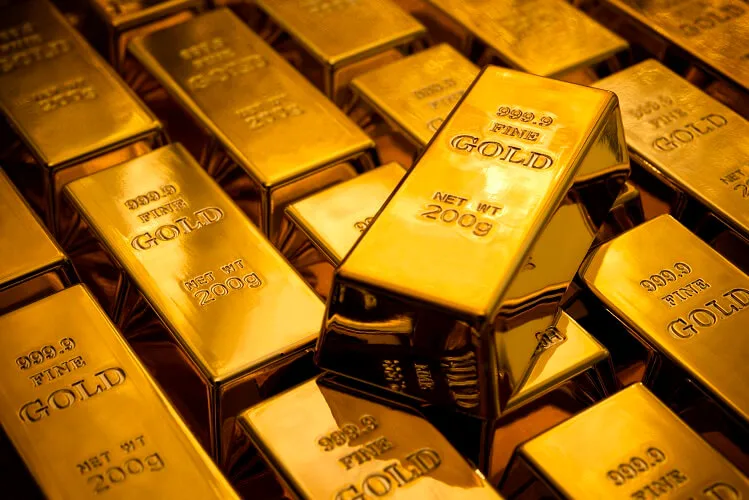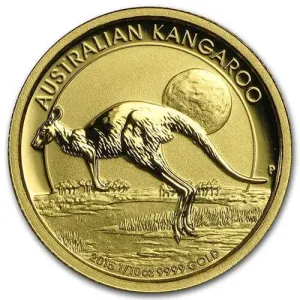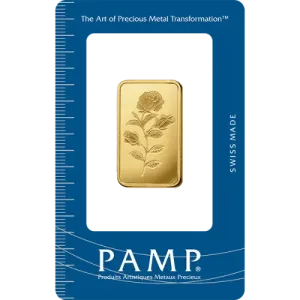.
It needed to originate from someplace, right?
Alchemists of the day were persuaded gold might be manufactured chemically. They assumed anything was possible through chain reaction and thought almost all products on Earth were a mixture of other elements. When it comes to metal, or any matter on a little enough scale, this is generally real.
Due to the fact that it doesnt form naturally on Earth, gold is uncommon here. What most dont recognize is this: gold is uncommon everywhere in the universe.< map wp-tag-caption id
=” attachment_477″ align=” aligncenter” width=” 448 “/ wp-end-tag > HintTip Look up.
Some of the closest and most abundant materials to the surge are iron, nickel, and the other heavy metals just recently formed inside the star by nuclear blend. These metals capture the neutrons, producing denser metals too heavy to form naturally inside a living star.
Taking that for granted, gold does not occur naturally on Earth. Its as extraterrestrial as mars. In laypersons terms, it concerns us from area. And the story of how it forms is far more attractive than the story of how we dig it up once it gets here.
That, in a nutshell, is where our rare-earth elements come from. It likewise discusses why theyre rare. It takes millions of years, a blowing up star, overwhelming pressures and temperatures, and no short amount of luck: stars can quickly fail or blow up prior to they specify where gold could probably be produced. This is likewise the procedure that makes rare-earth elements so heavy. They were literally being crushed inside a star longer than the other matter around us. Amazing!
The cure for cancer couldnt compare the Philosophers Stone when it concerned how badly people wanted one.
In middle ages Europe, few pursuits were as strange and financially rewarding to the clinical mind than the hunt for the Philosophers Stone. Metallurgists and alchemists and chemists the world over were, at one time, apparently all on the hunt for the exact same thing: a method to turn base metals (like mercury or lead) into pure gold. The Philosophers Stone (a colloquialism for a theoretical metal-transforming system) was the focus of that manhunt.
This all happens over the course of a few seconds. While the stars in our night sky might formulate their stardust for countless years, and can shine for almost a year when they blow up, precious metals form just in the chaotic few seconds afterwards. The particles speeding away from the blowing up star captures the neutrons, forming gold and silver and other desirable metals.
The unexpected increase of energy and pressure from the external layers of the star incite a volatile reaction from the core. Contents under pressure. Before it does, the pressures and temperatures in the core of the collapsing star reach a new level.
Envision costs numerous hours hunched over a wooden bench in a laboratory, unpredictable chemicals of uncouth origin sizzling and bubbling over from their containers, stinging your skin and lungs and eyes. Thats the sort of experimentation alchemists fastidiously performed in the hope of producing gold.
This is as remarkable an example as you might ever hope to observe if damage does certainly pave method for charm.
Were told there was more to it than simply sizzling things. Its not surprising that alchemists, more so than their scientific counterparts, drew a comparison to your common” mad scientist “platitude.
Over the course of millions of years, nuclear fusion turns hydrogen into much heavier aspects like helium and oxygen. The intense pressure at the core of a star squeezes the hydrogen atoms together so tightly, they bond and form more recent, heavier aspects. With even more time, those new elements will be pushed and pressed and pushed up until they, too, bond together to form even newer, much heavier aspects. The process continues and on, up until the star squashes things together so densely, its core begins to rely on iron and nickel.
Billions of years ago, gravity started pressing giant, galaxy-sized swills of that hydrogen gas together into stars. Hydrogen is rather a typical active ingredient in most cosmic cocktails– our own sun is nearly 3/4 hydrogen.
Years earlier …
You thought it– silver, gold, lead, uranium, platinum, and more. The great stuff.
In Greek folklore, we find a fascinating character named King Midas. Midas is the titular character of the story that generated the popular expression “the Midas touch.” According to legend, whatever he touched relied on gold.
In retrospect, they had some good concepts. However their search never quite succeeded.
The enormous pressure of gravity triggers a reaction referred to as nuclear combination. This process also takes location in our sun, producing the heat and light we depend on for our biological function.
Both stories are fascinating, however neither precisely tell us where we get our gold. Gold doesnt come from alchemists, nor does it come from repetitive raids on King Midas old bedroom. Geothermal procedures triggered by the rotation of the Earth and the shifting of tectonic plates have actually pushed much of the worlds gold into veins and fissures.
Its around this point that a star cant truly stay up to date with all that stuff cooking inside it. It reaches a tipping point. The pressure inside the core begins to lessen, and the external layers of the star start to collapse on it.
Can we make gold ourselves?
For the most part, that school of idea revolved around finding a chemical option to turning common metals into gold. Alchemists of the time believed that gold was the result of a chain of chemical responses that happened naturally. Its simply that the procedures responsible for giving us gold do not naturally happen … on Earth.
The intense forces at work on the atomic level that offer us gold are conditions we can recreate here in the world. Youre never likely to see any synthetic gold, however, as we can just develop it one atom at a time. Its currently just possible inside particle accelerators.
In particle accelerators (or colliders), lots of things are possible. Theyre the same devices people thought may create mini black holes in the world a few years earlier. As amazing as they are, it would take about 15 billion years to produce simply one gram of gold.
They might have missed the boat because regard, however the determined metallurgists and alchemists of the other day werent technically wrong about the possibility of artificially producing gold. It can be done.
Are we going to get any more of it?
Because it does not form naturally on Earth, gold is unusual here. The particles hurtling away from the blowing up star records the neutrons, forming gold and silver and other desirable metals.
We certainly are qualified (for absence of a much better word) to get more gold; rocks consisting of all sorts of products smack into the Earth all the time. The gamble depends on the fact that any of those rocks might be huge enough to blow the world to bits.
It takes millions of years, a taking off star, mind-boggling pressures and temperatures, and no brief quantity of luck: stars can quickly take off or stop working prior to they get to the point where gold might probably be produced. Pray for gold at your own threat. We have a lot of gold here on Earth, were not getting any more of it unless a meteor including some struck our planet, and our methods of producing artificial “real” gold are too primitive to rely on.
That depends. Brace yourselves, due to the fact that this is an intriguing caveat: were only going to get more gold if a comet including some hits Earth.
Pray for gold at your own danger. Consider this: throughout the course of human history, weve just mined enough gold to fill about three big pool. That sounds ludicrous, however its real. When you think about golds density, it makes a bit more sense– its 20 times as thick as water, which is already extremely heavy. Get a pan and gradually fill it with water while holding it at arms length. Youll notice the pan getting rather heavy. Stop as soon as your arm burns out, and after that be mindful of the reality that an equal quantity of gold would weigh 20 times as much. The majority of the gold weve ever discovered has actually been flakes or in chunks smaller than the fingernails on your little finger, so three swimming pools does not appear so unimportant after all. Mining operations continue to this day, so theres always more gold in the pipeline. Under the sea, perhaps? At present, its too cost-ineffective to go after all the gold in the ocean. Theres a great deal of it down there( thanks, Davy Jones!), but much like particle colliders, impracticality renders the whole thing a wash. Luckily, theres still plenty in the ground. Space agencies have actually even spoken about the possibility of mining for gold in area, such as on the moon, in the long run. We may be starved for brand-new gold, but we still have a lot below our feet to collect before fretting about anything else. Scans of the Earths core suggest there might even be sufficient gold down there to coat the whole surface area of the planet a meter deep. Yes, please. In conclusion … Forget owning a swimming pool complete of gold: even the Sultan of Brunei could not fill a kid pool with the things
. We have a lot of gold here in the world, were not getting anymore of it unless a meteor including some hit our world, and our techniques of developing artificial “genuine” gold are too primitive to rely on. In other words, were stuck to what we have. But after all, thats part of what makes gold so valuable. We have simply the correct amount of it. Up until next time!



